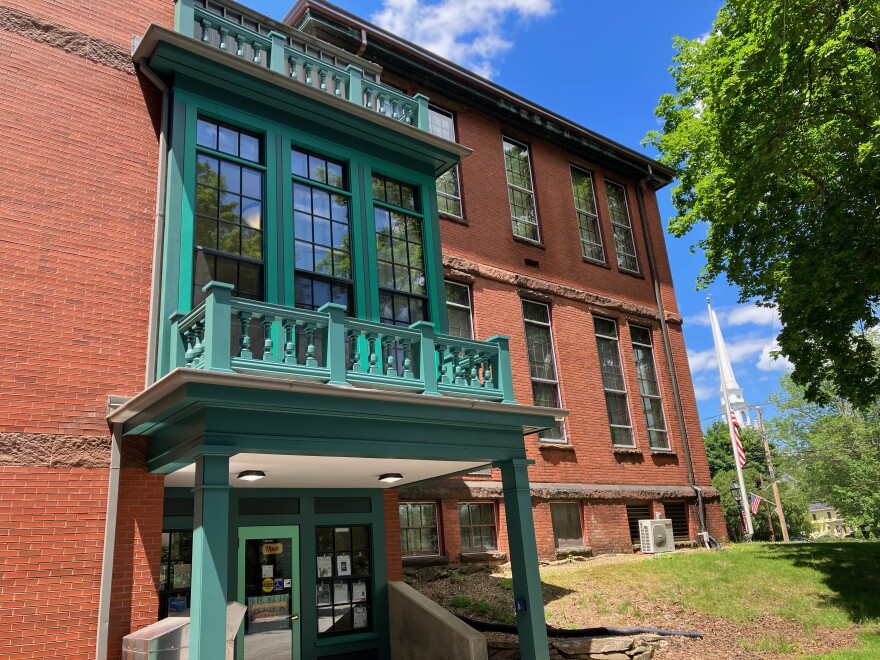The Barre, Massachusetts, Museum Association is photographing its collection of Native objects this week. This is a key step before returning items to Native tribes.
Leola One Feather and Jeff Not Help Him from the Pine Ridge Reservation in South Dakota are at the museum this week handling the items, and starting to identify them as they are photographed.
The objects include beaded moccasins, cradle boards used to carry babies and pipes. Sioux tribal leaders believe they were taken off the bodies of people who were massacred at Wounded Knee in 1890.
The photographer is John Willis, who previously made a portfolio of images taken at Pine Ridge Reservation, home of the Oglala Lakota Sioux.
Elizabeth Martin, the clerk of the Barre Museum Association's board, said it feels great to begin the process of returning items in the collection.
"All of these things will have to be offered to whatever Native Americans think they can claim them and then decisions will have to be made, not by us but by them — who it really belongs to," she said.
The museum has hired a consultant, Aaron Miller, to guide them through the process of following NAGPRA, the Native American Graves Protection and Repatriation Act, a federal law. Miller is also the NAGPRA coordinator at Mount Holyoke College.
Museum officials have said the organization is not required to follow NAGPRA because it does not receive federal funding, but it wants to follow it anyway.
The NAGPRA process includes inviting tribes to consult about what happens next to the objects in the collection.
Native people have asked the museum to return the objects for decades.








